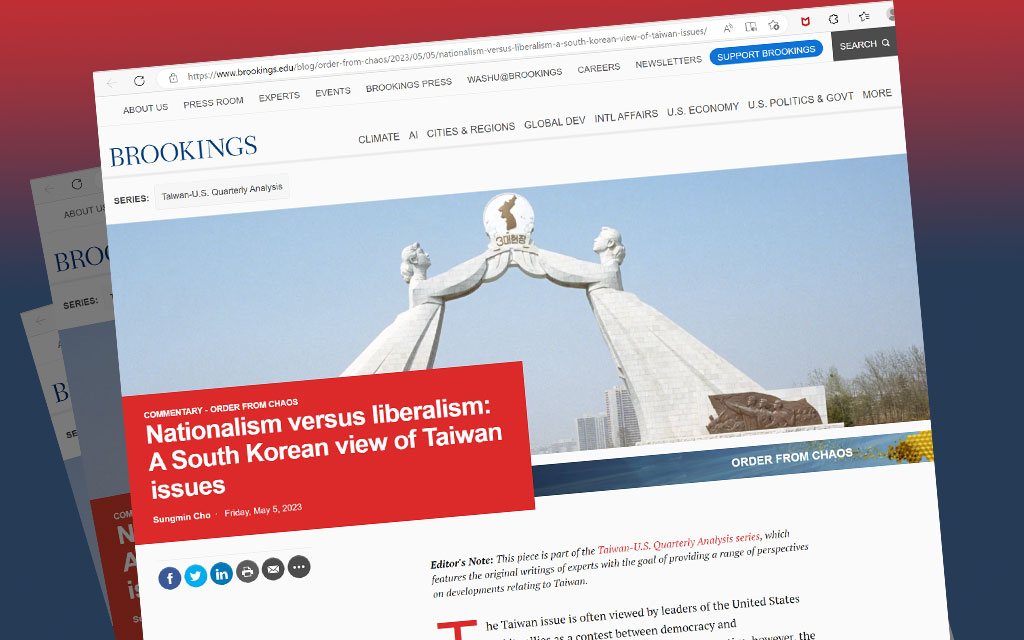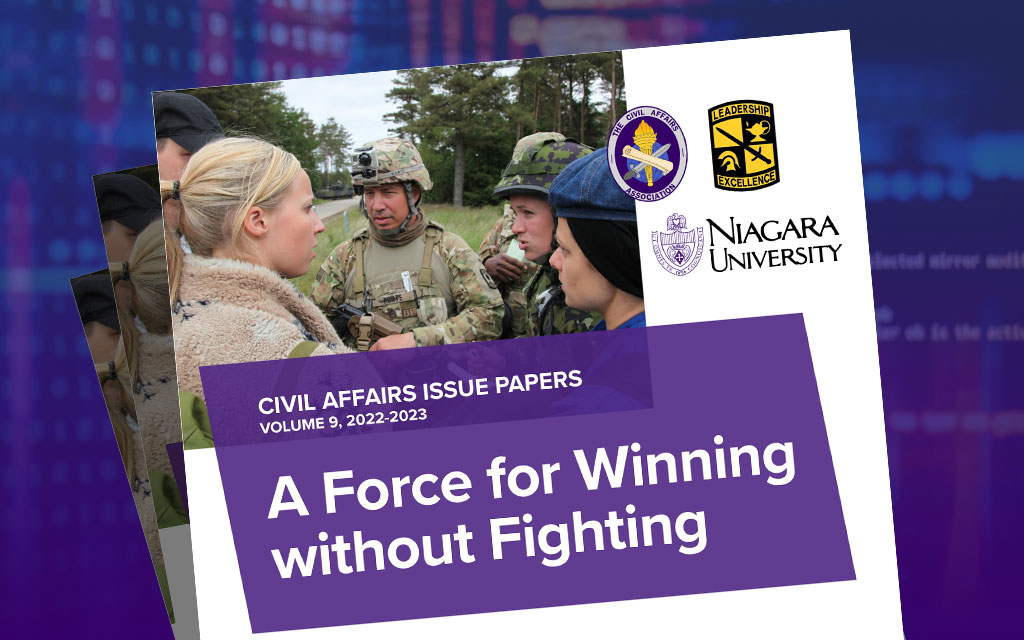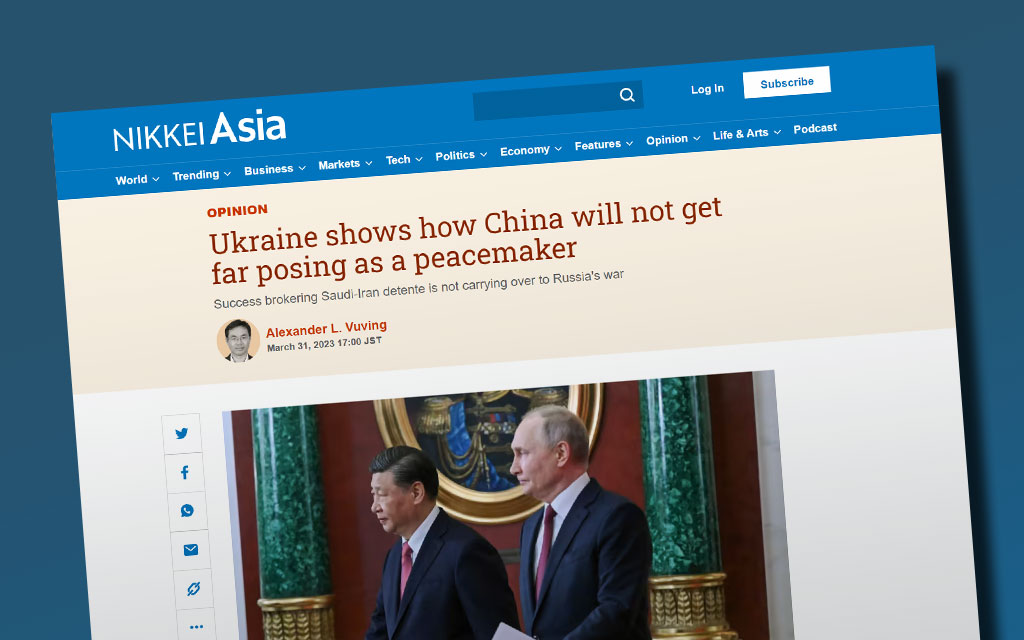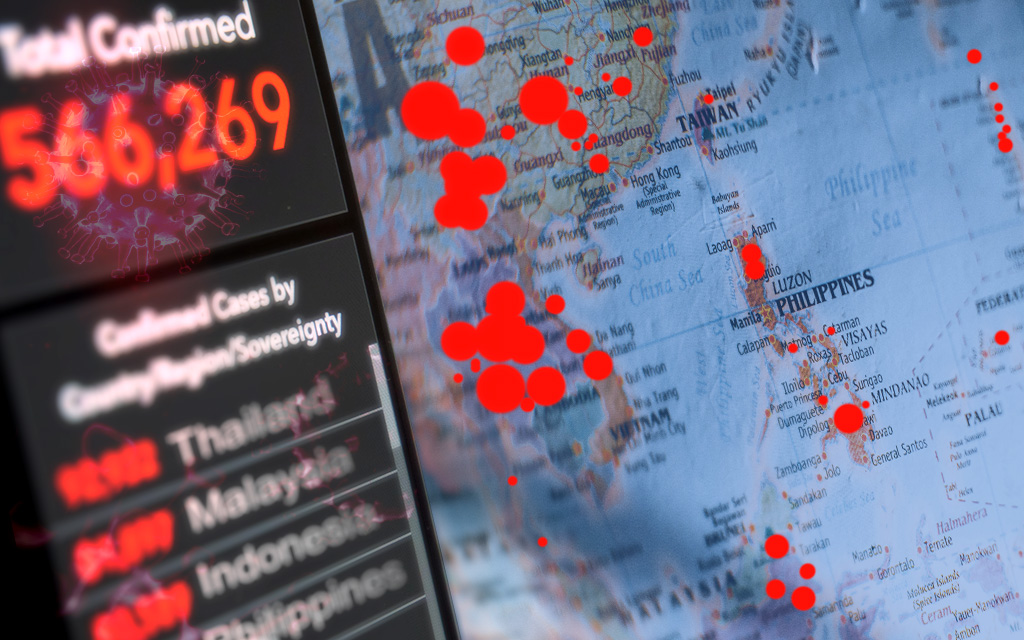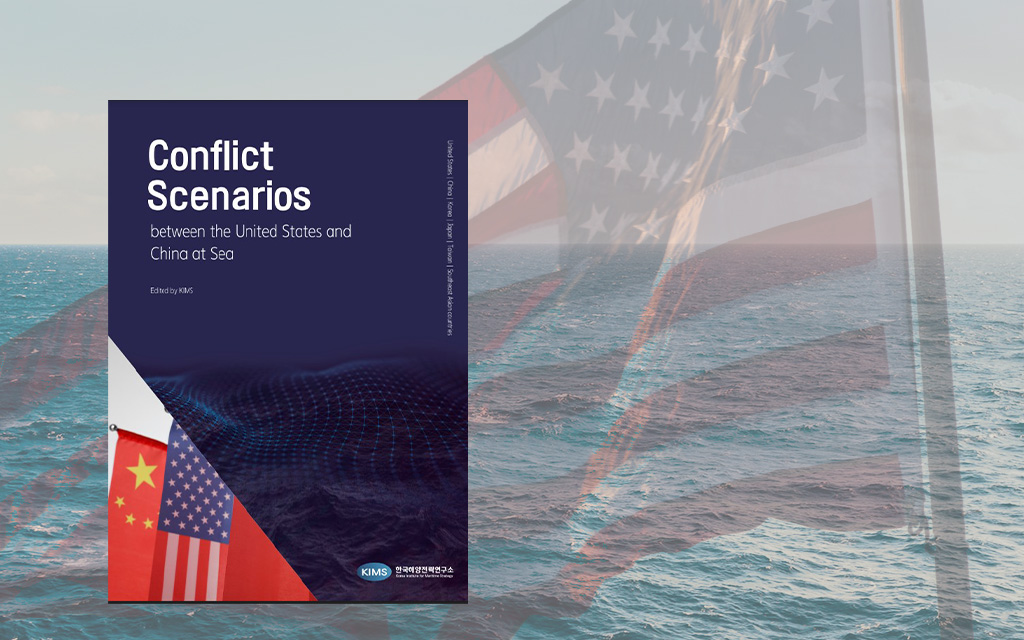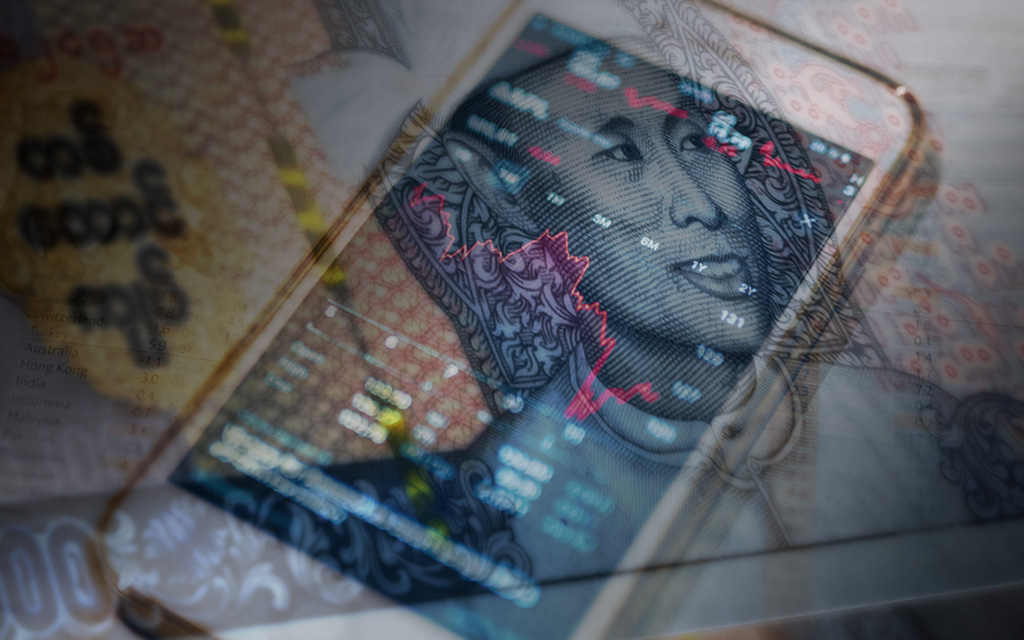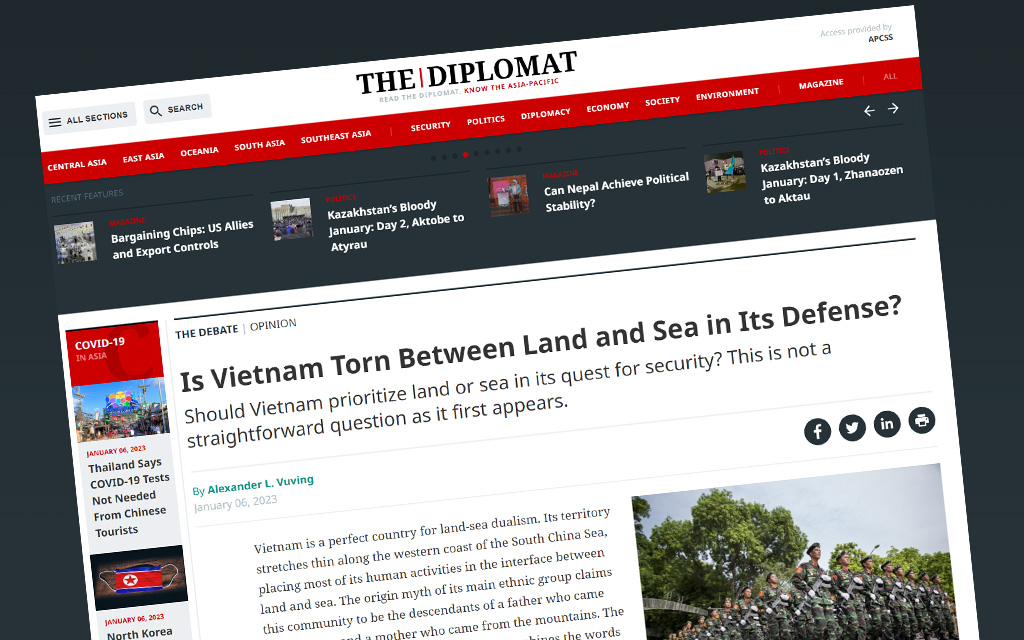A Security Nexus Report Article Focusing on Artificial Intelligence for Security Practitioners
Major Brent Feller, United States Air Force Military Professor at the Daniel K. Inouye Asia-Pacific Center for Security Studies (DKI APCSS), published a new report article for Security Nexus that explores the potential for artificial intelligence (AI) tools like ChatGPT to assist security practitioners in the Indo-Pacific region. In his paper, Maj. Feller demonstrates ChatGPT’s ability to provide succinct information on key security-related topics in the Indo-Pacific, such as maritime security and illegal, unreported, and unregulated (IUU) fishing. While AI can be a valuable tool for increasing knowledge and providing insights, Major Feller emphasizes that users must verify information from [...]



